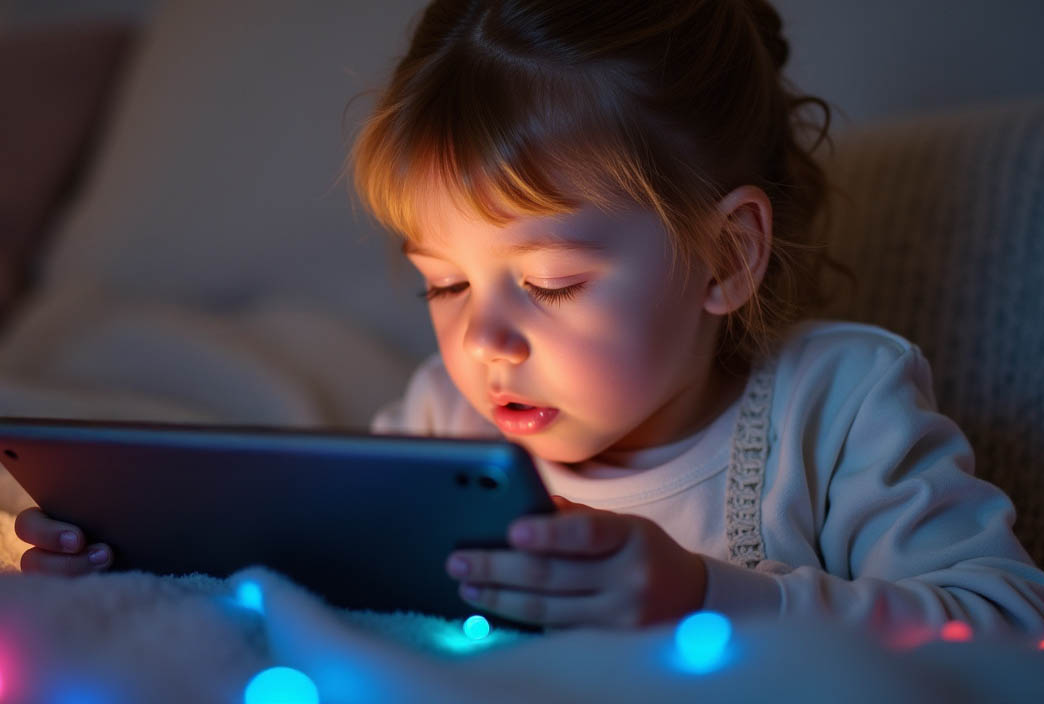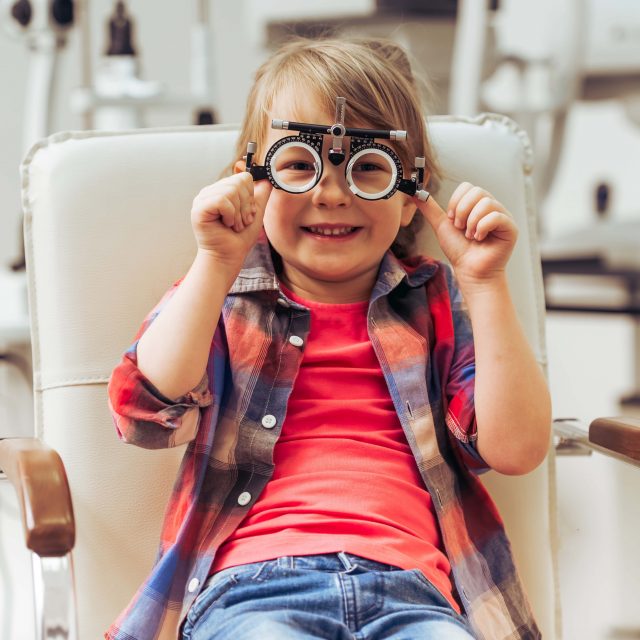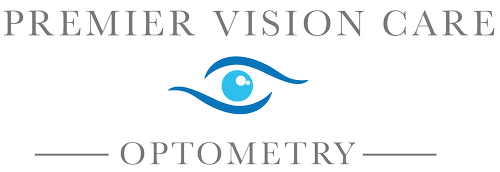Myopia, also known as nearsightedness, is a common vision condition where distant objects appear blurry while close-up vision remains clear. This occurs when the eye grows too long from front to back, causing light to focus in front of the retina instead of directly on it.
At Premier Vision Care Optometry, we’re seeing a rising number of children diagnosed with myopia at younger ages. This trend is concerning, as early-onset myopia can worsen over time, leading to a higher risk of serious eye diseases later in life, including glaucoma, retinal detachment, and macular degeneration.
Myopia doesn’t just impact vision—it can affect a child’s academic performance, social confidence, and ability to enjoy sports or classroom activities. That’s why early diagnosis and proactive treatment are essential.
Symptoms of Myopia in Children
Children may not always be able to communicate vision problems, so it’s important for parents to watch for warning signs such as:
- Struggling to clearly see the whiteboard or distant signs
- Squinting frequently to bring distant objects into focus
- Complaining of headaches or tired eyes, especially after school
- Holding digital devices or books very close to their face
- Sitting too close to the TV or computer screen
If your child is exhibiting any of these symptoms, a comprehensive pediatric eye exam is the first step toward clarity and comfort.

Causes and Risk Factors for Myopia
Myopia is influenced by both genetics and lifestyle. Children are more likely to develop nearsightedness if one or both parents are also myopic. However, environmental factors can significantly influence progression:
- Increased screen time and other near-work activities
- Lack of outdoor exposure, especially natural sunlight
- Inadequate lighting when reading or doing homework
By understanding these risk factors, we can take proactive steps to slow or even halt the progression of myopia.


Why Early Myopia Management Matters
Myopia isn’t just about blurry vision. If left unmanaged, it tends to worsen as a child grows. High levels of myopia are associated with increased risks of:
- Retinal detachment
- Myopic macular degeneration
- Glaucoma
- Cataracts
Early intervention is critical. By slowing myopia progression, we can protect your child’s long-term eye health, reduce dependence on corrective lenses, and preserve the freedom to enjoy life’s activities without limitations
Why Choose Premier Vision Care Optometry for Myopia Management?
At Premier Vision Care Optometry, we specialize in managing pediatric myopia with a comprehensive, evidence-based approach. Our doctors work closely with families to create customized care plans that address each child’s unique vision needs.
We offer a variety of myopia control options, including:
- Orthokeratology (Ortho-K): Overnight lenses that reshape the cornea for clear daytime vision while slowing myopia progression
- MiSight® 1 day contact lenses: FDA-approved lenses clinically proven to slow the progression of myopia in children
- Multifocal soft contact lenses and specialized myopia control eyeglasses
- Guidance on lifestyle modifications, such as screen time management and increased outdoor activity
Our team provides compassionate, kid-friendly care in a comfortable setting. With ongoing monitoring and expert support, we help ensure your child’s visual development stays on the right track.

Schedule Your Child’s Myopia Consultation Today
The earlier myopia is detected, the more we can do to preserve your child’s vision. Don’t wait for symptoms to worsen—take control today.
Call or schedule an appointment online and ask about our Myopia Management Program.
We’re here to help your child see clearly now—and into the future.


